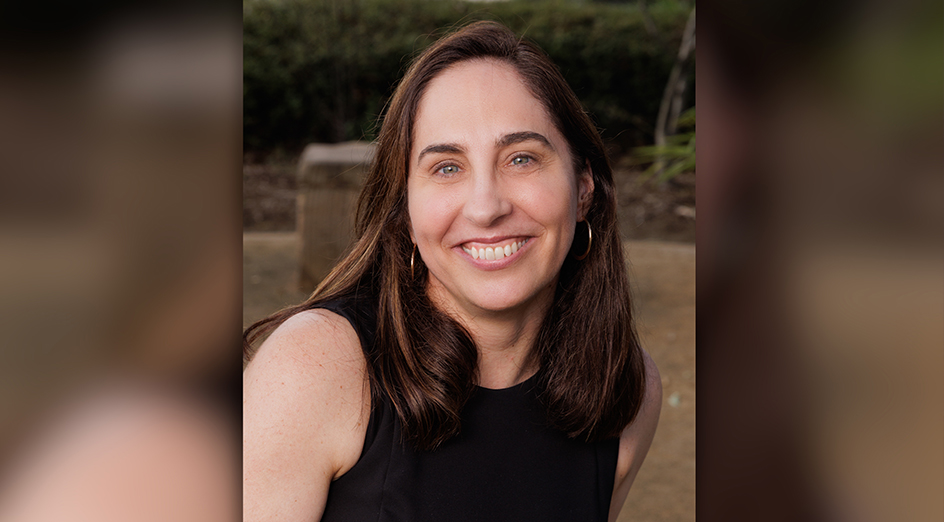Embracing a new era of ground-breaking research, The University of Western Australia and Telethon Kids Institute have welcomed youth mental health researcher Associate Professor Kathryn Modecki as a Distinguished Fellow.
The innovative researcher has been named one of two new Distinguished Fellows under a program designed to attract world-class health research to Western Australia.
Associate Professor Modecki – who comes to WA from the Centre for Mental Health at Griffith University in Queensland – is a trailblazing scholar whose work aims to tackle the mounting mental health crisis in young people by leveraging untapped data and technology to understand and address mental health development across generations.


Her role at UWA and Telethon Kids has been made possible thanks to State Government’s Future Health Research Innovation (FHRI) Fund and the Stan Perron Charitable Foundation.
Under the FHRI Fund’s Distinguished Fellows Program, outstanding and innovative world-class research leaders are supported by a combination of FHRI funding and matched support from the fellows’ host and partner organisations.
Associate Professor Modecki’s work is focused on the ways in which early experiences and social inequalities shape children’s future mental health.
Her research program will leverage a wealth of information gathered by WA’s unique cohort studies, The ORIGINS Project and the Raine Study, to understand how children’s unique developmental histories influence their daily mental health experiences.
Her work will take a precision mental health approach, using advanced statistical techniques to unravel which elements are most impactful to mental health, for which adolescents, and when.
The insights gained will be used to develop prevention and treatment options for young people, parents, carers and the community.
Associate Professor Modecki said more than half of all adolescents in Australia report needing support for their mental health, yet fewer than 50 per cent will ever access care.
“For those in lower socioeconomic status brackets, fewer than 15 per cent will ever receive needed services,” she said.
“At the same time, a recent review addressing youth mental health shows that our interventions have not improved – over the past 50 years, they show the exact same level of effect.
“We still do not know what works, for whom, and why. It is time to shift direction.”
More information about the Distinguished Fellows announcement can be found here.


































